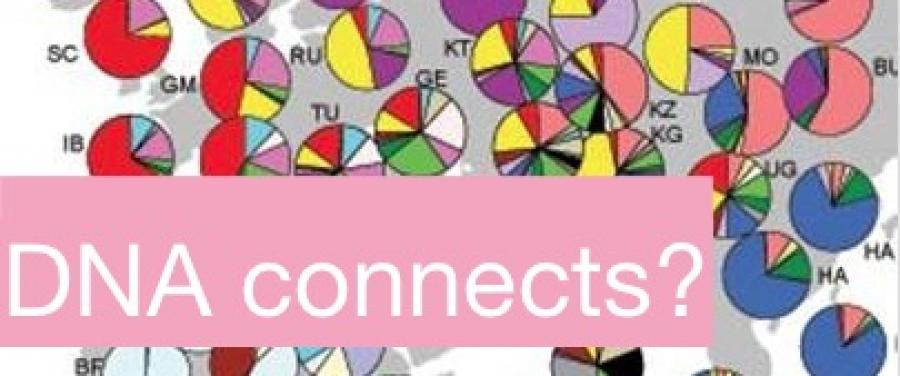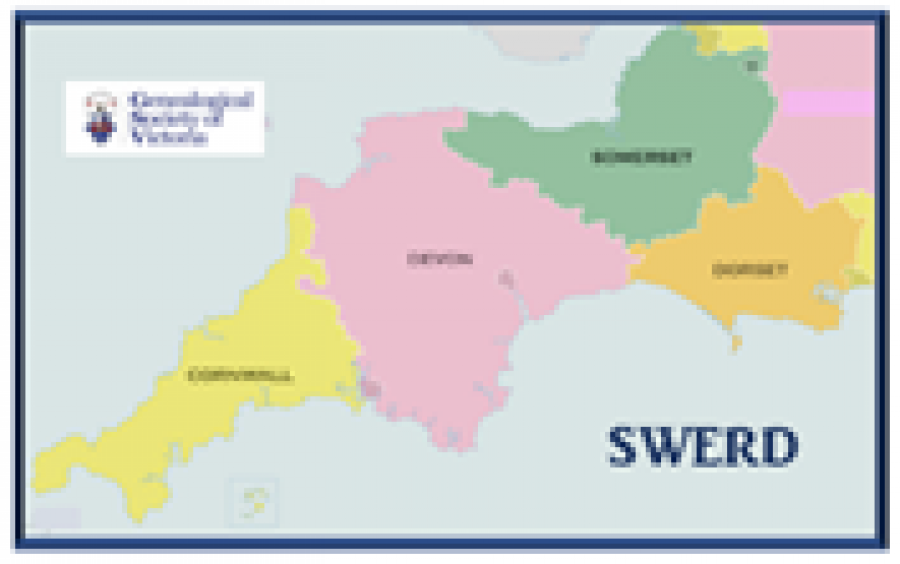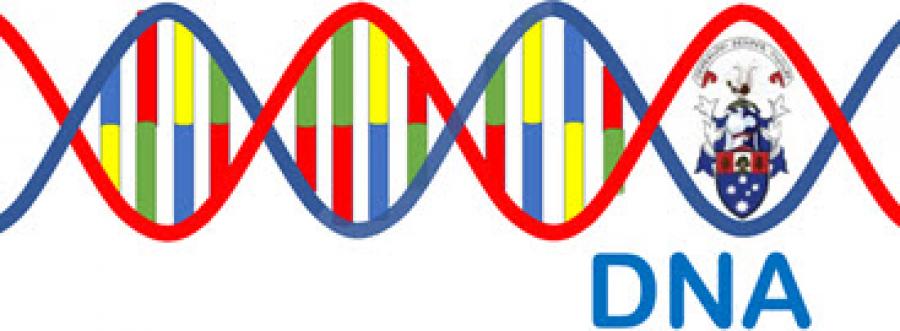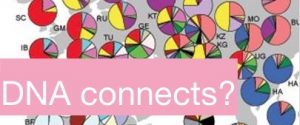South West England Research & Discussion (SWERD) is one of a number of Discussion Circles that the GSV hosts for its members. These are part of the annual membership and there is no limit to the number you can participate in, beyond your own time. Doing your own research can be exhilarating but having the chance to share your problems, and findings, with others is even more fun.
This report of the recent SWERD meeting - Wednesday 14 March 2018 - from Stephen Hawke gives a good idea of the value of this circle on South West England. [Bill]
***
Meeting Notes
- Introductions
We had a very full house, with 45 attendees at the meeting (including four new SWERD members and some visitors from the DNA discussion circle).
- Presentation – Dr Joe Flood - DNA and Genealogy: The DNA of Cornwall
Dr Joe Flood is both the Administrator of the Cornwall DNA projects on the FamilyTreeDNA website and also runs a One Name Study on the Coad and Coode surnames. DNA research has been particularly useful in resolving brickwalls and establishing global connections for the Coad and Coode family researchers. Joe’s presentation included interesting anecdotes on the family myths, surprises and new social connections found through combining the One Name Study and DNA research.
Joe’s presentation covered three broad topics (all with fascinating case studies, charts and research findings):
Firstly, we covered the use of autosomal DNA research – this included commentary on the relative costs and ‘usefulness’ of the offerings from the various DNA test providers. This aspect of research is particularly useful for confirming family connections and uncovering ‘new’ cousins.
Next we turned to Y DNA research – the research that follows the male-line. Again, this has proved very useful for resolving brickwalls and Joe provided examples of successes in extending and joining the various Coad/Coode family trees.
The research pages Joe administers on the FTDNA website currently have 600 members on the Cornwall project (autosomal DNA research) and 120 members on the Cornwall Advanced Y DNA project. Joe advised that there is also a project page for those with Devon origins. These projects are free to join (after you’ve done your DNA test), the data and discussion sections are a great learning tool and they provide the opportunity for feedback and help from very experienced researchers. I’m a fan – I joined both projects with my DNA test results a few months ago and straight up connected to some ‘new’ third cousins here in Melbourne who’ve provided fantastic photos (late 19th and early 20th century) and new aspects to our shared family history.
The final section of Joe’s presentation turned to some of the deep ancestry material, including the DNA connections of some members of the Cornwall DNA projects to the Beaker people who settled in Britain and Cornwall several thousand years ago. This aspect of the research has also found some pockets of ‘very rare DNA’ amongst some members of the Cornish Advanced Y DNA project. Joe is keen for more of us with Cornish heritage to join the FTDNA projects to help expand his and your research and findings.
I’m afraid my notes are not doing Joe’s really interesting presentation justice. Fortunately, Joe has made a copy of the presentation available to SWERD members and it has plenty of detail in the slides to show the depth and detail you can take up in using DNA research.
I’m also aware that this is a complex area and to help you through that complexity GSV is rolling out a number of new education sessions on different aspects of DNA research. There are some details in the current issue of Ancestor and keep an eye on the GSV website for updates. These will be popular, so make sure you register ASAP for these to secure a place. The first session is on 17 April – you can book for this through the ‘All Events’ section on the frontpage of the GSV website.
At the meeting we passed around the very large book Joe has written – Unravelling the Code: The Coads and Coodes of Cornwall and Devon – and descriptions of the book and on-line purchases are available through www.lulu.com/spotlight/coad
Joe has uploaded his presentation to his webpage (address as below) and from a quick look he has other papers of interest to DNA researchers on his page as well: https://rmit.academia.edu/JoeFlood/Other
I also want to acknowledge Joe’s dedication and generosity in providing his presentation at GSV. He is still recuperating and went above and beyond the call of duty in providing us with his very informative presentation. Thanks also to one of our members who saw to Joe’s safe homeward journey.
- Next meeting
The next meeting will be held on Friday 13 April 2018, 12:30 to 2:00pm. The discussion topic will be 'Our poor ancestors', with a focus on Poor Laws and workhouses in the southwest. Many of us had ancestors who were subject to the Poor Laws or who spent time in workhouses and we’ll look at the materials available to research their lives. Start thinking on what you know of your poor ancestors in the southwest and how you've researched them, and come along to join in a fascinating discussion in April. If you are not a GSV member, join up and join in!
Stephen Hawke, SWERD Convenor






